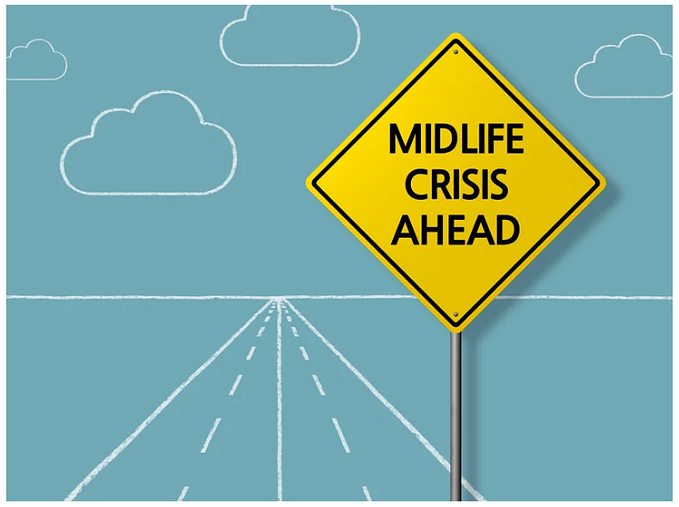Member-only story
The Science of Superspreaders
A fraction of infected people trigger the bulk of new cases, one reason the pandemic is far from over

Smithville, Texas, a town of 4,500 people an hour’s drive southeast of Austin, hasn’t yet been overly affected by Covid-19, the disease caused by SARS-CoV-2, the novel coronavirus. As of late May, the entire county of Bastrop has had about 200 confirmed cases and three deaths. The small town’s good fortune so far is exactly what concerns Rodney E. Rohde, PhD, who’s from Smithville, where much of his family and many of his old friends still reside.
“Most of America’s rural counties have had just a sprinkling of Covid-19 cases, and I worry it is giving residents a false sense of security,” says Rohde, a professor of clinical laboratory science and an infectious disease specialist at Texas State University. “Complacency and a false sense of security are a microbe’s best friend.”
Like other scientists and public health officials, Rohde says all it takes is one infected person, at a church, a hospital, or an elder care facility to set off a cluster of cases that could overwhelm a small-town community.
In a smoldering pandemic, one ember can change the game
That’s what happened March 11, when a man who had Covid-19 but didn’t yet have symptoms attended a Bible study group at a rural church in Arkansas. Thirty-five of the 92 attendees contracted the disease, and three died. Another 26 people in the community caught the coronavirus from people who had attended the study group.
Such “superspreaders,” as they’re called, may or may not know they are sick, but by going places where a lot of other people are packed into a relatively confined space, they can cause Covid-19 outbreaks in which dozens or even hundreds of other newly infected people spread the disease ever outward, among family, friends, or colleagues — all before anyone knows they’re sick.
Superspreader events have caused clusters of cases in cities around the world. But the effects could be utterly devastating in a small town like Smithville, with its limited health resources and lone small hospital that typically shuttles severe cases of any kind off to Austin.










